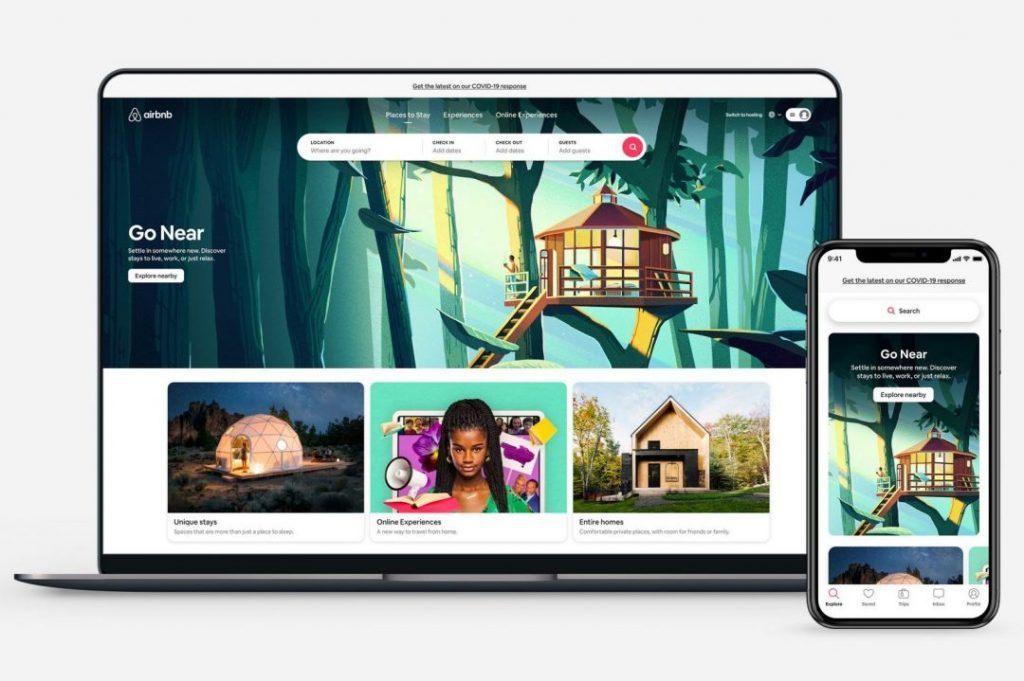Comparing Airbnb to Hotels Is a Mistake, IPO Investors Need to Remember That

Skift Take
You wouldn’t call DoorDash the world’s largest restaurant operator. So don’t make the same mistake with Airbnb — there is an important difference between distribution platforms and their suppliers.
What do you think is the biggest myth surrounding the business of travel? Towards the top of my list is this: that Airbnb is in the hospitality business. It is not. Airbnb is in the business of distribution.
As a result, it’s become a pet peeve of mine when commentators — often just as likely to be from within the industry as without — draw direct comparisons between hotel chains and Airbnb. As the hype around Airbnb’s initial public offering, targeted for December, reaches fever pitch, more of these false equivalences are sure to surface.
The latest commentator to fall into this trap was New York University Professor Scott Galloway who lined up Airbnb’s 7 million listings against the 4.3 million rooms on offer from Marriott, Hilton, InterContinental Hotels, Wyndham, and Hyatt combined. He is arguing for Airbnb’s competitive advantage in travel, and those numbers show Airbnb winning by a mile at first glance.
But this approach, comparing Airbnb directly against hotel chains, ignores the business model differences between running a pure online distribution platform and a branded hotel chain, and misses the difference in economics between hotel rooms and short-term rental units.
By picking the wrong set of peers, Galloway and others misunderstand Airbnb’s true place in the travel market landscape and overlook potential rivals like Booking Holdings, Expedia Group, and Trip.com Group.
Online Travel Agency Versus Hotel
The difference between an accomm

